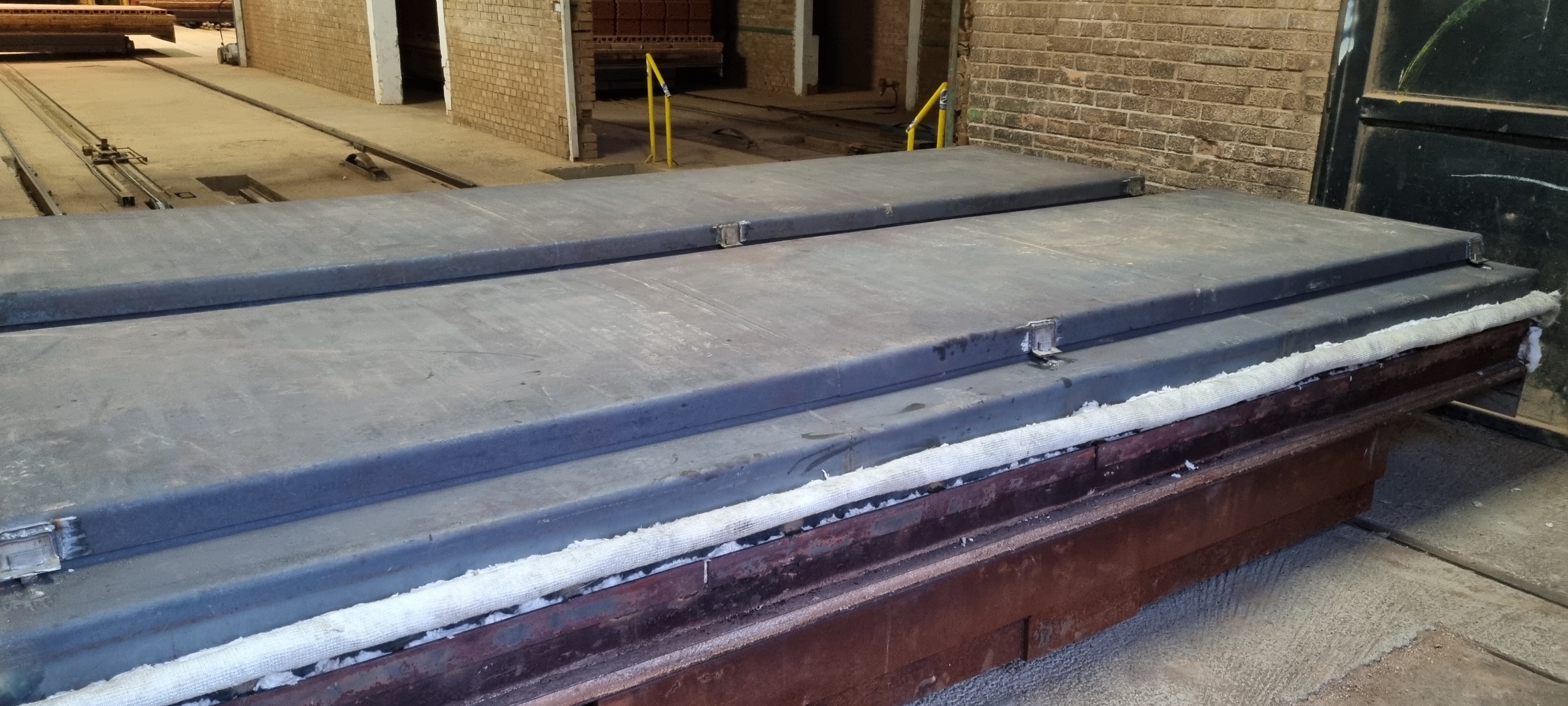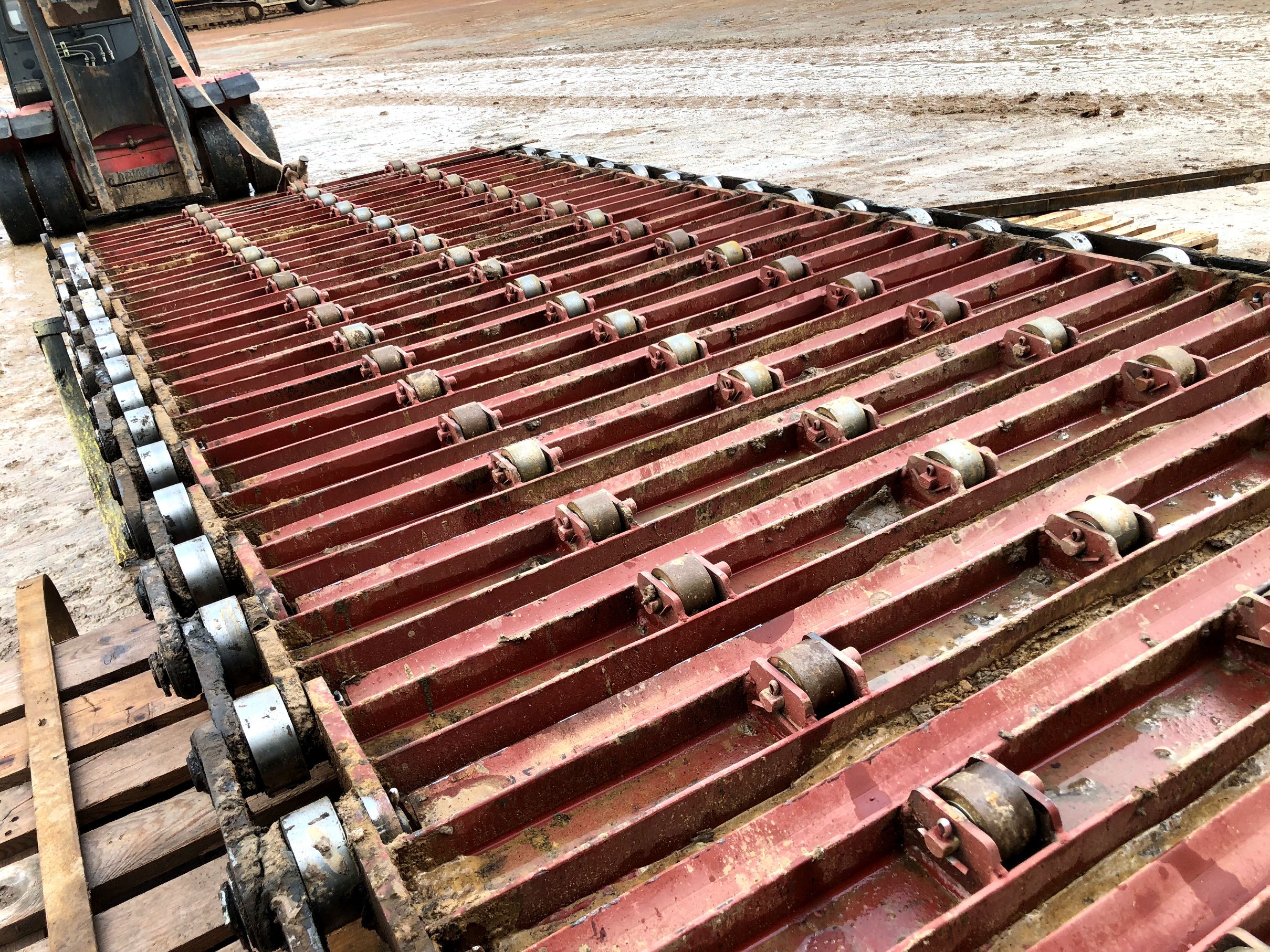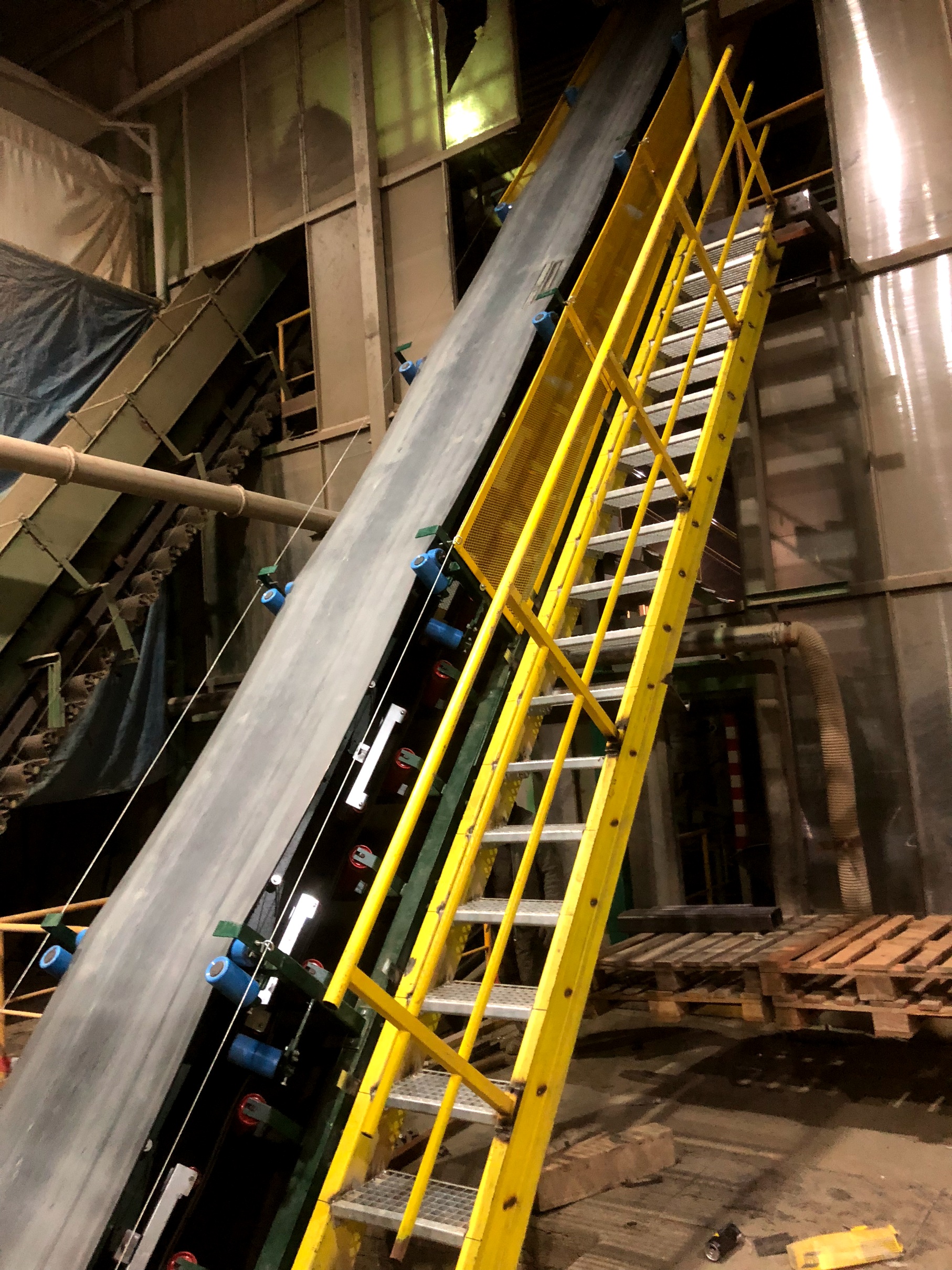



Streamlining Brick Production: The Role of Soil Conveyors in the Brick Industry
In the heart of the brick manufacturing industry, innovation continues to drive efficiency and productivity. One such innovation that has revolutionized the process is the soil conveyor—a powerful tool designed to transport soil seamlessly to brick presses. This essential component has transformed the way bricks are made, streamlining production and elevating the effectiveness of the entire brick-making process.
The Soil Conveying Revolution
At its core, the soil conveyor is a mechanized system that transports soil from the excavation or mixing area to the brick press. This conveyor system operates on a set of principles that not only reduce labor requirements but also optimize the workflow, making it a cornerstone of modern brick production.
Efficiency in Motion
-
Continuous Workflow: In traditional brick production, moving soil manually from one area to another was not only labor-intensive but also time-consuming. Soil conveyors eliminate these inefficiencies by establishing a continuous flow of soil from its source to the brick press. This uninterrupted movement results in a smoother, faster production process.
-
Labor Reduction: The manual transport of soil demands a significant workforce, which can increase production costs. Soil conveyors drastically reduce the need for manual labor, reallocating human resources to more specialized tasks, thereby enhancing productivity and overall efficiency.
-
Consistent Feed: Soil conveyors ensure a consistent and uniform feed of soil to the brick press. This consistency leads to bricks with uniform quality and structural integrity. The even distribution of soil reduces variations in brick composition and minimizes defects, resulting in a higher standard of final products.
Precision in Production
-
Accurate Measurements: Modern soil conveyors are equipped with sensors and controls that enable precise measurement of soil quantities. This accuracy ensures that the right amount of soil is delivered to the brick press for each batch, minimizing waste and optimizing material usage.
-
Customization and Flexibility: Soil conveyors can be adjusted to accommodate various types of soil mixes and production requirements. This adaptability allows brick manufacturers to produce bricks with different properties and characteristics, catering to a wide range of construction needs.
Advantages of the Soil Conveyor System
-
Time Savings: Time is a critical factor in any production process. The efficiency of soil conveyors translates to faster brick production cycles, meeting deadlines and demand without compromising on quality.
-
Cost-Effectiveness: By reducing the need for manual labor, minimizing wastage, and optimizing material usage, soil conveyors contribute to significant cost savings in the long run.
-
Consistent Quality: The uniform distribution of soil ensures that every brick possesses consistent quality, enhancing the reputation of brick manufacturers and increasing customer satisfaction.
-
Safety and Ergonomics: Manual handling of heavy soil can pose safety risks to workers. Soil conveyors alleviate these concerns, creating a safer and more ergonomic working environment.
Looking Ahead
As the brick industry continues to evolve, the role of technology will remain paramount. Soil conveyors represent just one aspect of the broader technological advancements that are reshaping the industry’s landscape. As automation, AI, and data analytics play a larger role in manufacturing processes, we can expect soil conveyors to become even smarter and more adaptable, further enhancing the efficiency and effectiveness of brick production.
